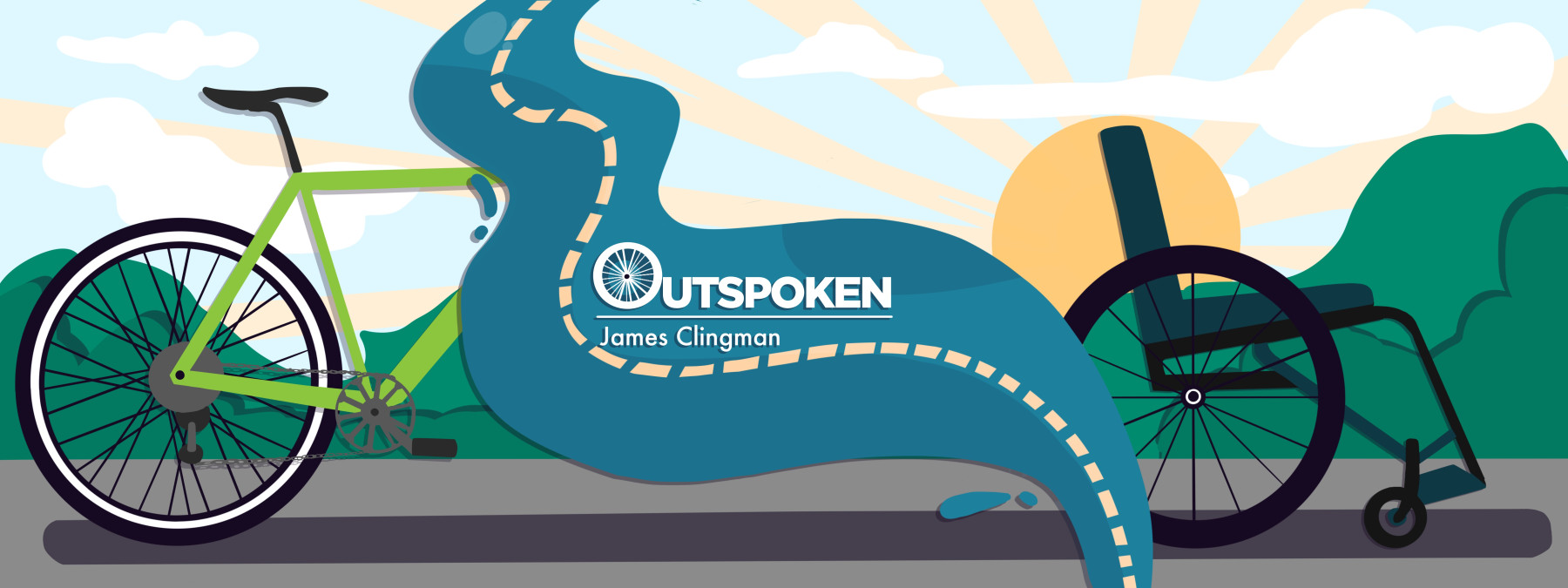How veterans organizations helped me respond to ALS
The VA and DAV have been vital components of this columnist's care
Written by |

Did you know that more than 16% of ALS patients have served in the military? Are you aware that veterans are twice as likely to develop ALS as those who haven’t been in the military?
If not staggering, those facts are compelling. Many theories have been put forth regarding the relationship between people with ALS and military service, but nothing is conclusive. The most prevalent theory seems to be exposure to toxins.
Since we don’t know the cause or cure for ALS, the next best thing is how we respond to it. While I believe researchers and other health professionals are doing everything they can to uncover answers, I have a personal perspective on response.
The U.S. Department of Veterans Affairs (VA) has responded excellently to me and my family. Ever since my daughter contacted the Disabled American Veterans (DAV) nonprofit in Columbia, South Carolina, in 2014, I’ve been bragging about both organizations.
The DAV counseled me and gave me a list of every piece of documentation I needed to send to them. I complied, and they took it from there, contacting the VA and an ALS clinic in Charleston, South Carolina, to set up my initial consultation.
The DAV also submitted and followed up on my benefits application, and less than 90 days later I was in the VA system, which included monthly visits to the ALS clinic at the Ralph H. Johnson VA Medical Center in Charleston. Since then, I’ve been treated by some of the best people I’ve ever known.
My VA team has truly been my family’s saving grace and our guardian angels. They have provided equipment, prosthetic devices, medicines, respite breaks, and a host of other services. We now have quarterly telehealth Zoom calls with them, which are convenient for me in light of my traveling constraints.
It’s not just their expertise and dedication that are important to me; it’s their kindness and genuineness, which are obvious to me and have been displayed for nine years now. I can’t speak for other VA systems, but the South Carolina system is great, and I wouldn’t trade it for any other.
We live in an era where bashing the VA is fairly widespread, and some of it’s justified, I’m sure. But based on my personal experience, albeit relatively small, the VA has been outstanding. I appreciate the staff members who attend to my needs, and I’ll always laud their service and basic humanity when it comes to responding to my ALS.
I recognize that many ALS patients don’t have the VA to lean on. I can and often do imagine what it’s like to be without various equipment and supplies that mitigate the ravages of this horrible disease. That reality, however, must not prevent us from giving credit when and where it’s due.
Here’s a thought: When it comes to ALS, the VA could teach other providers a thing or two. So why not have the VA share what they know about caring for ALS patients with insurance providers? Maybe it’d make providers a little more flexible when assessing and approving services for their clients.
I know services are expensive, but isn’t it worth more money to provide a modicum of comfort to another human being? After all, anyone can develop ALS, not just veterans.
Note: ALS News Today is strictly a news and information website about the disease. It does not provide medical advice, diagnosis, or treatment. This content is not intended to be a substitute for professional medical advice, diagnosis, or treatment. Always seek the advice of your physician or other qualified health provider with any questions you may have regarding a medical condition. Never disregard professional medical advice or delay in seeking it because of something you have read on this website. The opinions expressed in this column are not those of ALS News Today or its parent company, Bionews, and are intended to spark discussion about issues pertaining to ALS.







Karen Jones
We have had a similar, extremely positive experience at the Michael DeBakey VA Medical Center in Houston. We feel blessed!
James E Clingman
Here is another commen I received. .
What Paige said. The VA does amazing work for veterans with various health issues and disabilities, but you're right, it's good for us to hear of it — even if some of your readers will be very jealous! And like Paige, I thought that was a nice call to action at the end. The VA does have some expertise that our general healthcare providers could benefit from knowing. Good topic, and nicely executed too; I especially like that you opened with those statistics, which are pretty noteworthy. Nice, clear writing. Good job!